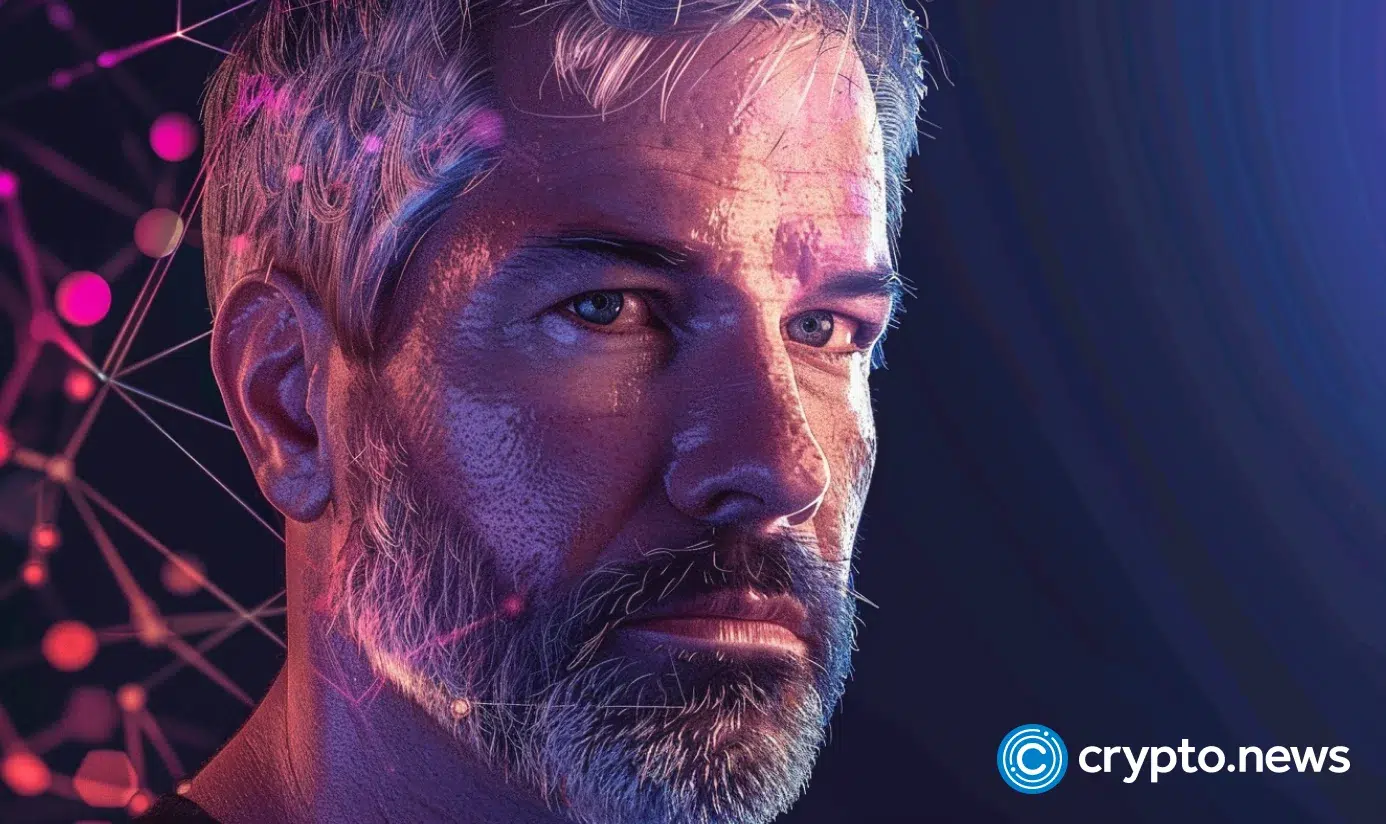 Vitalik Buterin backs limiting history so users can run own personal nodes to protect Ethereum long term Oluwapelumi Adejumo · 2 mins ago · 2 min read
Vitalik Buterin backs limiting history so users can run own personal nodes to protect Ethereum long term Oluwapelumi Adejumo · 2 mins ago · 2 min read
Buterin suggests revising gas costs and adopting erasure coding for efficient, decentralized Ethereum node management.

Cover art/illustration via CryptoSlate. Image includes combined content which may include AI-generated content.
Ethereum co-founder Vitalik Buterin has submitted a new proposal to make the blockchain network’s nodes more efficient and accessible.
In a May 19 research blog post, Buterin argued that the network’s long-term health depends on users’ ability to run personal nodes, which is becoming increasingly complex due to rising storage and bandwidth requirements.
According to Buterin, Ethereum nodes serve as critical infrastructure for the blockchain. They store transaction data, validate activity, and help maintain decentralization.
However, running a full node has become resource-intensive as the network scales, pushing many users to rely on centralized Remote Procedure Call (RPC) services because:
“The overhead is impractically high, and even after many efficiency improvements it is likely to stay expensive.”
Buterin pointed out that this shift threatens privacy, censorship resistance, and Ethereum’s core principle of decentralization.
Due to this, he emphasized the need to preserve the ability to operate personal nodes while addressing the challenges of Ethereum’s growth.
He said:
“It’s valuable to have a full node so that you can have a local RPC server that you can use to read the chain in a trustless, censorship-resistant and privacy-friendly way.”
Buterin proposed solutions for Ethereum nodes
To ease node operation, Buterin suggested prioritizing Ethereum Improvement Proposal 4444 (EIP-4444). This would limit the amount of historical data a node needs to store to 36 days.
Meanwhile, he recommended a distributed storage solution that fragments and spreads history across the network using erasure coding to ensure older blockchain data remains available.
According to him:
“This ensures the property that ‘a blockchain is forever’ without depending on centralized providers or putting heavy burdens on node operators.”
Buterin further proposed revisiting Ethereum’s gas pricing model. He believes increasing the gas cost for state creation, such as new storage slots, deploying contracts, and sending ETH to inactive accounts, would discourage excessive data storage.
At the same time, reducing execution costs could help ease the burden on the network.
Partially Stateless nodes
Meanwhile, a key highlight of Buterin’s proposal is the introduction of “partially stateless nodes.”
According to him, these nodes would not store the complete Ethereum state but only a subset relevant to the user’s needs.
The Ethereum co-founder added that these nodes would still verify blocks and respond to data requests, but only for the portion of the state they manage. He wrote:
“The node is capable of responding to RPC requests as long as the required data is within that subset of the state; other requests will fail.”
For other data, Buterin said node operators could use cryptographic tools or external services to preserve privacy and choice.

















 English (US) ·
English (US) ·